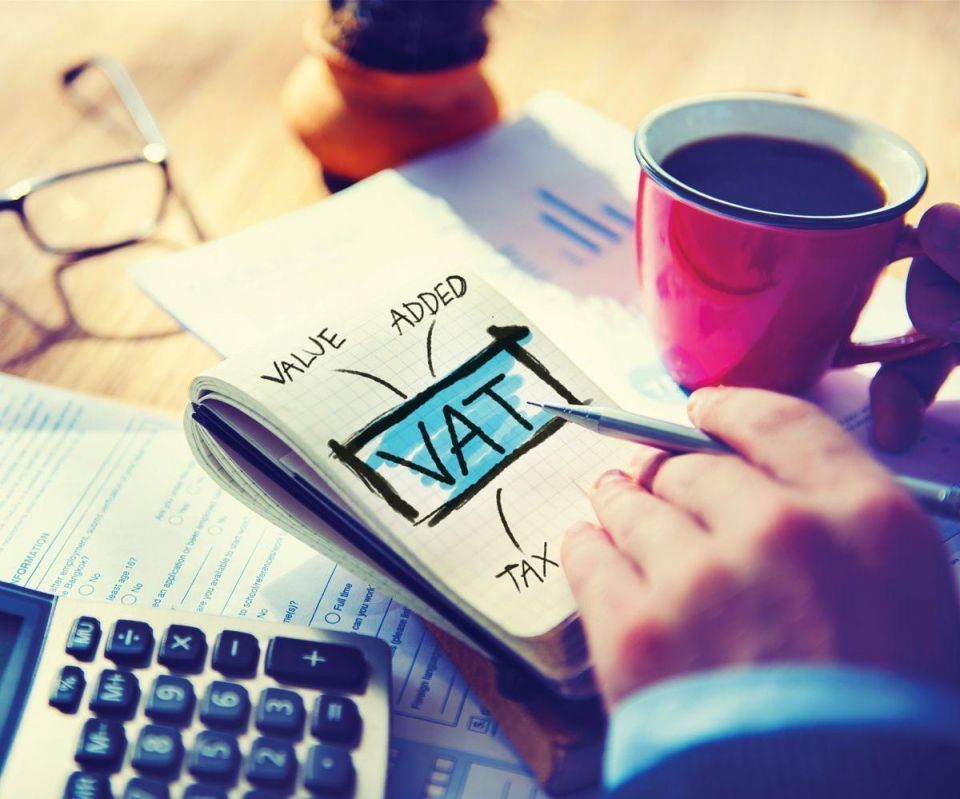Dubai gets sucked into Saudi corruption turmoil
Some of the biggest names in Dubai real estate saw their shares slump this week as regional markets were hit by fallout from the Saudi anti-corruption purge at the weekend.
The sell-off was triggered by concerns about the exposure of companies in Dubai to Saudi business, the risk of Saudis pulling their money out of the United Arab Emirates, and broader fears about regional stability.
In a surprise move on Saturday, at least 49 Saudi princes, businessmen and officials were rounded up and accused of corruption.
The list includes Prince Al waleed Bin Talal the billionaire businessman who owns a global network of major investments. He has been charged with money laundering, bribery and extortion, a Saudi official told CNN. His company, Kingdom Holding, has not responded to requests for comment.
“The market is driven by the recent geopolitical tension in the region and that’s causing investors to panic,” said Tariq Qaqish, managing director of asset management at Menacorp in Dubai.
“We expect the market to continue to be volatile due to the uncertainty.”
The Dubai stock market — the most active the Gulf region after Saudi Arabia — posted losses for four straight days following news of the purge. It ended the week down 5%.
Emaar, the developer behind the Burj Khalifa — the world’s tallest tower — saw its shares fall 6% this week. And Damac, , plunged 8%.
Both developers are heavily exposed to the fortunes of Dubai’s real estate market, and also have several projects in Saudi Arabia.
Source: CNN money
Dubai office market stock ‘adjusting to demand’ – Core Savills
It will take years for existing Grade B and C stock to be completely absorbed and rents are expected to stabilise in 2019, the company added in a new report.
“The good news is that developers are listening to the market, and have significantly slowed the pace of new grade B and C office space,” said Core Savills CEO David Godchaux.
Prime offices are now expected to account for a substantial 71 percent of the total stock expected from 2017 to 2019, finally overtaking Grade B and C deliveries. About 4.4 million sq ft of prime office space will come to the market between 2017 and 2019 and this will negatively impact rents.
“This comes as welcome news for global corporate occupiers, who have sometimes found it difficult to secure the right (prime) office space in the city, despite their willingness to use Dubai and its world class infrastructure as a hub for their MENA operations,” Godchaux said.
With regards to location DIFC continues to be the best-performing office district. Dubai Internet City and Media City maintain their strong performance and remain top preferences for institutional investments.
Source: Arabian Business
Dubai real estate market in spotlight at US event
Top executives from Realopedia, the global real estate e-marketplace established in Dubai, presented a market briefing at the event, an annual gathering of real estate professionals across the US and worldwide.
Wally Gebara, the associate vice-president of Realopedia for North America, and Paul Gebara, the director of marketing and business development of Realopedia, highlighted the sector’s key growth areas.
The duo pointed out that foreign investors accounted for most of real estate investments in the emirate during the first nine months of 2017, amounting to $11.7 billion from a total of 22,667 transactions, based on official data.
Gebara said Miami had one of the most established property markets in the world and it was important that emerging markets such as Dubai maintained its presence in these types of congregations given the emirate’s attractiveness to foreign investors.
Source: Trade Arabia
VAT to increase costs for Gulf real estate investors, says CFA survey
The cost of real estate investment in the region is likely to climb on the back of VAT introduced across the Gulf from next year, a survey of local investment professionals found.
With VAT set to be applied on the first sale of properties, 87 percent of investment professionals said that some or all of the additional expenses incurred by real estate firms will be passed on to investors.
The survey assessed the views of investment experts certified by the Chartered Financial Analyst (CFA) society members in the UAE, Bahrain and Kuwait.
A further 54 percent of the 140 CFA society members surveyed online between September and October believed that retail investors will be hardest hit by the new taxes introduced in Jan 2018.
The majority of international investors are not being swayed by the introduction of VAT, with only 18 percent reacting negatively, respondents said.
Global investors should remain undeterred by the new tax laws said CFA President Amer Khansaheb.
“The concerns regarding VAT in the region is largely one of perception rather than policy,” said Khansaheb.
“While it is true that certain areas of the economy will witness marginal higher costs being incurred, this should not deter regional and international investors in a significant way,” he added.
With the government revenue streams generated with the new tax, liquidity levels in the market are expected to improve; which should increase investor confidence and appetite, he added.
Source: Arabian Business
